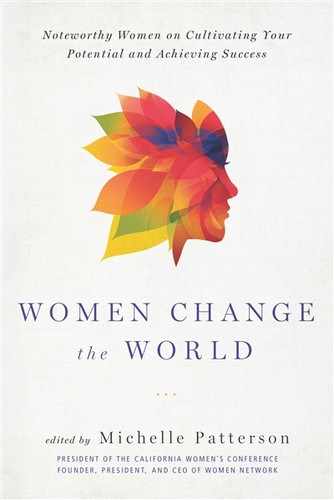 Rebecca Blanton is executive director of the California Commission on the Status of Women and Girls. She’s pursuing a PhD (ABD) in political science with an emphasis in political psychology from the Graduate Center, City University of New York. She has a BA in psychology from the University of California–Davis. Rebecca has worked as a nonpartisan researcher for the California Research Bureau, where she wrote extensively about the needs of California’s women veterans, charter school oversight, and criminal justice issues. Her publications include “California’s Women Veterans: Responses to the 2011 Survey” and “California Charter Oversight: Key Elements and Costs.” Other professional highlights include teaching at John Jay College in New York City for six years and working for the California Department of Corrections and Rehabilitation.
Rebecca Blanton is executive director of the California Commission on the Status of Women and Girls. She’s pursuing a PhD (ABD) in political science with an emphasis in political psychology from the Graduate Center, City University of New York. She has a BA in psychology from the University of California–Davis. Rebecca has worked as a nonpartisan researcher for the California Research Bureau, where she wrote extensively about the needs of California’s women veterans, charter school oversight, and criminal justice issues. Her publications include “California’s Women Veterans: Responses to the 2011 Survey” and “California Charter Oversight: Key Elements and Costs.” Other professional highlights include teaching at John Jay College in New York City for six years and working for the California Department of Corrections and Rehabilitation.
In politics and policy making, it’s critical to have both sexes at the table because we experience the world differently and see it differently, too.
It’s a matter of living your gender. As hard as man might try to understand a woman’s perspective, there are going to be some things he just won’t entirely grasp because he doesn’t live the life a woman does. That is why it is so important that both men and women have seats at the table. Because of their different “gender lenses,” they have different perspectives on how policy will affect them or their constituencies.
It’s also important to recognize that women behave differently in the workplace and pursue their careers differently. I think women tend more than men to delegate and work collaboratively. Men tend to see this as shifting responsibility, while women see it as building community. So sometimes we need to promote the team and promote the collaborative work that women do so well together. On the other hand, I think men are more comfortable claiming credit for their individual accomplishments. As a woman, I try to strike a balance between saying, “This is who I am and what I have accomplished,” and promoting the accomplishments of my group or organization. We have to learn to speak up for our personal accomplishments because when our performance is evaluated at the end of the year, men too often see us as less competent, even if our achievements are equal to those of men in the same position.
I think I emphasize the social aspects of the workplace a bit more than my male colleagues. I have happy-hour groups, and I reach out to social networks. Personal relationships are my way of navigating the workplace. We women need to value social networks and understand how they work.
One of the benefits of women’s tendency to work more communally or socially is the way in which they often help each other by promoting one another’s careers and by mentoring. So much of what I do is driven by who I know and who can recommend me. I know that several jobs I have gotten were based more on who I knew than on my particular skill set.
I’ve benefitted greatly in my career from mentorship, from meeting people who were willing to help me, and from being open to new experiences. I started my career determined to become a geneticist. Obviously, I ended up on a very different path, and that was the result of being open to people who told me that I was good at something and that I should work for them.
For instance, Chris Wagaman, a Sacramento politician who has worked in the California State Assembly for the last eight years, played a pivotal role in getting me my current position as Executive Director of the California Commission on the Status of Women and Girls. She saw something in me and convinced me to apply for the position. Having somebody a little older and wiser who knew the political scene tell me I had what it takes gave me the confidence I needed and made a huge difference in my career.
Of course, all of us who have been helped by other women need to pay that forward. I’ve seen hundreds of women working in politics who have tried to raise flags for women’s issues. This includes the commissioners I have worked with. And we need to pay it forward on a personal level, too. There are many opportunities to do that. Just take a young woman out to lunch and answer questions about your career. Sponsor an internship. Find ways to use your position to help bring women up—as a boss, as a mentor or an intern director, or just by talking to women and passing on the best piece of career advice you have received. Just be willing to talk about your career—the mistakes you made and what you did right.
It is a great honor to have the job I do with the California Commission for Women and Girls because it gives me a tremendous way to pass on what other women have given to me. So many women before me have worked hard to create opportunities in business and education, and now I have this great opportunity to give back.
